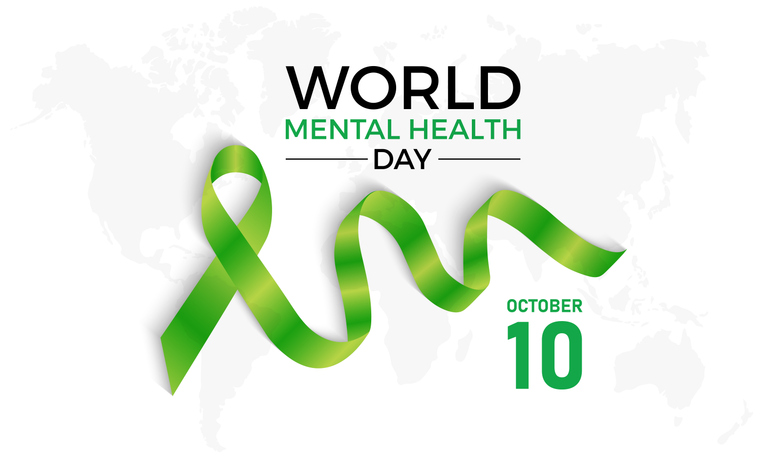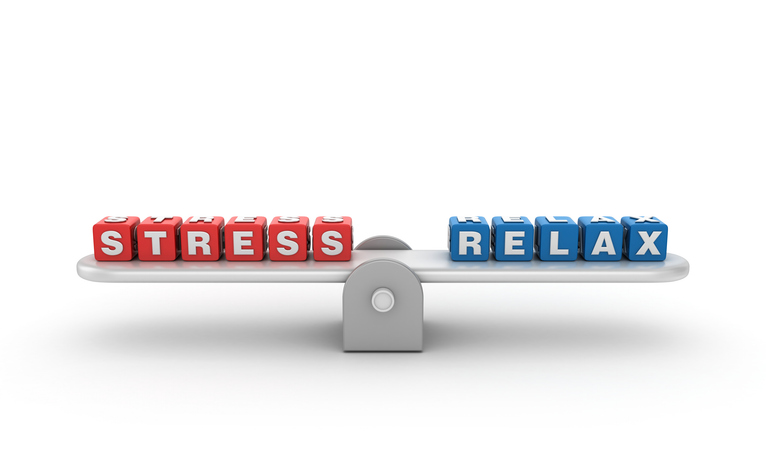This World Mental Health Day, Think About How to Cope With Stress

Stress is ubiquitous, with a majority of people in the United States reporting moderate to severe stress. It is no surprise that managing stress is one of the six recognized pillars of lifestyle medicine.
While some amount of stress is unavoidable and is not always negative, too much stress can lead to harmful physical and mental health impacts.
In an APA national poll earlier this year, more than half of adults said stress was impacting their mental health. Among the issues they identified as being the most anxious about were the economy, the election and gun violence. More than 40% of adults said they were more anxious this year than last.
Chronic stress is particularly harmful, potentially contributing to prolonged inflammation, sustained cortisol rise, problems with sleep, changes in gut microbiota, obesity, and susceptibility to infections, hypertension, diabetes, and cardiovascular disease such as heart attack and stroke. Prolonged stress can contribute to anxiety and depressive disorders and cognitive impairment.

The word “stress” is often used to denote both stressors as well as the individual’s experience of it. It is important to modify adverse stressors, changing the environment to the extent one can. From a societal perspective, psychiatrists and others need to engage in advocacy efforts to make systemic changes, especially addressing social determinants of health such as housing, access to health care, access to good nutrition, and financial situation.
At the individual level, psychotherapy can help motivate and provide guidance on coping techniques and ways to mitigate the negative impact of stress on body and mind. Psychotherapy can also help people overcome internal and external obstacles to social connectedness, which can be important in helping reduce stress.
A variety of individual stress-reduction and coping actions can also be helpful and may be sufficient for some situations by themselves. These include such things as meditation, yoga, tai chi, relaxation training, breathing techniques, listening to music, dancing, journaling, participating in art activities, and using scientifically supported apps or other technologies. In addition, regular physical activity, adequate sleep, and sound nutrition are also important in preventing and mitigating the harmful effects of stress, as well as supporting overall health.
Because so much of what we do in life is habitual—often much more than we realize—it is important for people to build stress-reduction habits into their daily life. A common situation that would benefit from this is commuting, when people may let themselves get intensely aggravated by trivial situations. Psychotherapy can help people identify how their habitual behaviors contribute to stress and train themselves to recognize patterns and cues and develop adaptive behavior and thought patterns. People can also schedule into their day, brief two- to five-minute breaks to practice brief meditation or relaxation or take a brief walk, making it part of their regular routine.
Of course, one size does not fit all. People who have experienced severe trauma need expert, specialized psychotherapeutic and medication interventions in addition to the above. If you’ve tried coping and stress-reduction techniques on your own and still feel overwhelmed, it may be time to look to a professional for help. What matters most is that we recognize stress in its many forms and work to address it, on our own or with mental health professionals, to help minimize the impacts of stress and mitigate any damaging effects.

